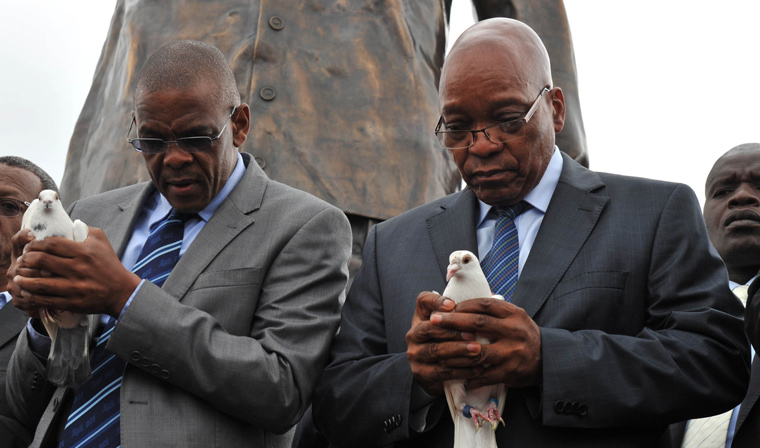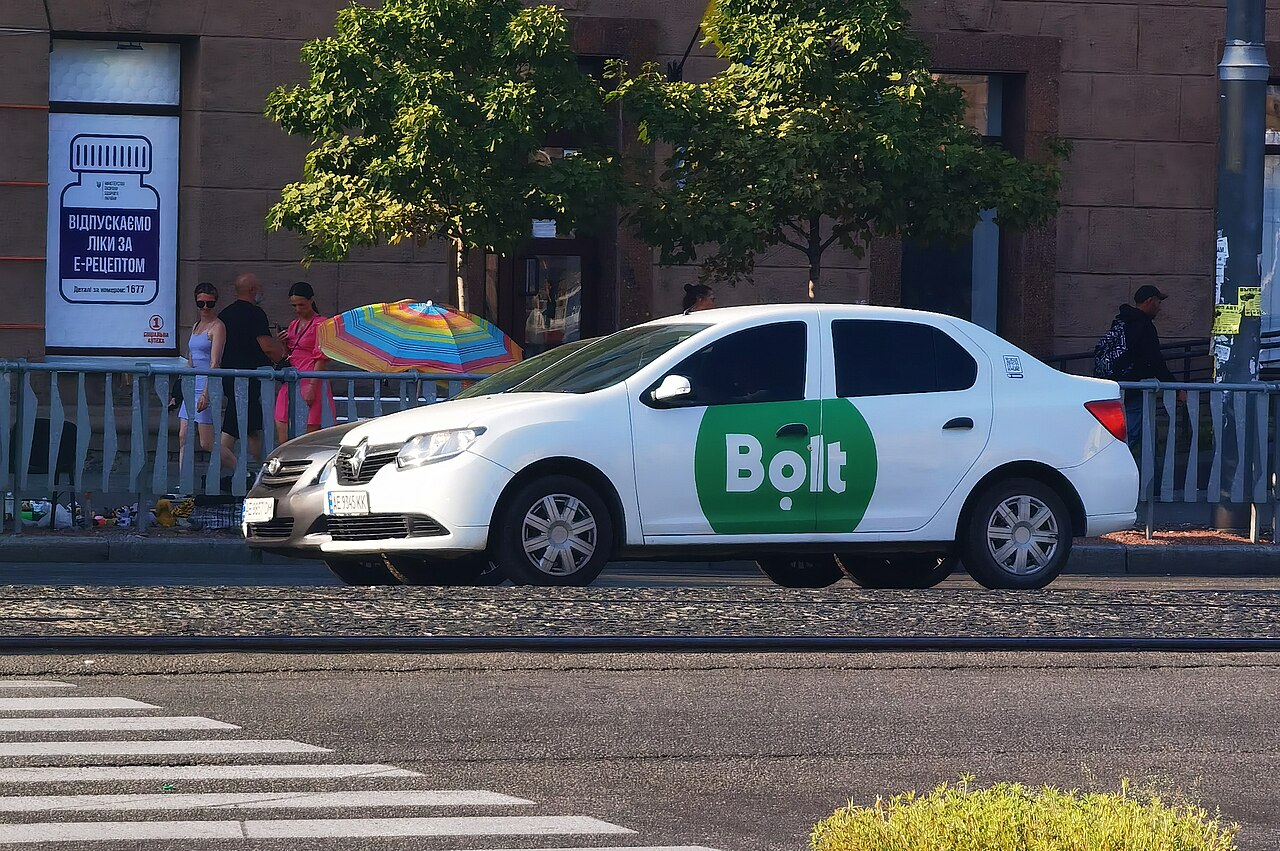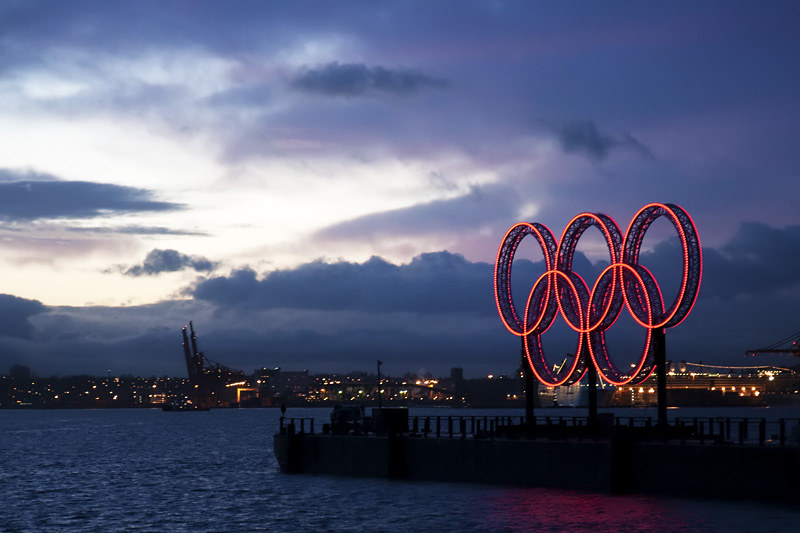In my last column, I gave you a quick breakdown of the major existing political parties in South Africa and how they’re currently faring: the African National Congress, the Democratic Alliance and Economic Freedom Fighters.
Next, we’ll take a brief look at the many new parties that have proliferated ahead of the potentially game-changing national election in South Africa this year. There are loads of these – 27 just in the last few months of 2023 – plus independent candidates who are now allowed to contest nationally without a party, following a key court ruling.
So, let’s get to it!
A quick reminder and explainer about what we’re talking about here: The country has two major types of elections, each of which runs on separate timelines. Each happens every five years. The local government elections – next up in 2026 – sees us choosing parties to govern our cities and towns, who then put in place mayors, etc. The national government elections – the big one coming up this year – is where we elect our provincial and national political parties – those parties then choose our premiers, ministers and president. This one is important because it may see the ANC lose its majority for the first time in our 30-year democratic history.
- Rise Mzansi
Formed in April 2023 by former Business Day editor Songezo Zibi, Rise Mzansi has a savvy campaign that has excited parts of the middle class, but the big question is whether it will be able to build enough grassroots support to win a sizable chunk of the vote. The party has wooed away some decent heavy-hitters disillusioned with other parties, like the DA’s Makashule Gana – who was perhaps undervalued by the DA and has plenty of experience building the kinds of structures on the ground that are key to building a party’s muscle – simply registering with the IEC and putting up some posters and social media isn’t enough.
The party is characterised as “social democratic”, and they say they stand for the constitution, quality services and opportunities for citizens, plus accountability. They’ve avoided talks with the larger multiparty coalition trying to unseat the ANC – more on this next week – and say they are committed to developing substantive alternative politics and policies. The most recent high-profile name to join them is experienced DA politician Khume Ramulifho, who served in the Gauteng Provincial Legislature for the party.
- Build One South Africa (BOSA)
Speaking of black leaders who have left the DA, the most high-profile of these was the party’s former leader, Mmusi Maimane. As I mentioned last week, he got the boot after the party blamed him for not delivering results in its last election, though a clash over racial transformation and policies was also at play. One of the oldest of the new batch, it launched in September 2022. Unlike most other parties who field their own candidates, Bosa is an umbrella organisation for independent candidates – a smart move considering the subsequent court decision to allow independent candidates to run for national and provincial elections without joining a party. According to their website, they have 400 candidates across the country. Like Rise Mzansi, the party seems centred around the constitution politically, with a particular emphasis on community and ubuntu.
- uMkhonto weSizwe (MK) Party
You’ll recognise the name “uMkhonto weSizwe”, aka “MK”, from the ANC’s famed armed wing, that “Launched poignantly on the reconciliation day last year December – the 62nd anniversary of the founding of Umkhonto weSizwe, formed by Nelson Mandela. This isn’t your grandfather’s MK, though. The name has been appropriated by ANC politicians who were at the heart of the state capture saga that almost destroyed SA – especially former President Jacob Zuma. It was launched last year December on reconciliation day – the 62nd anniversary of the original MK’s founding, with Zuma backing it at the launch, saying he can no longer vote or campaign for a Cyril Ramaphosa-led ANC and was supporting the new party… while remaining an ANC member.” Make it make sense.
- African Congress for Transformation (ACT)
2023 was a busy year for the former ANC secretary-general Ace Magashule.
In May, the Supreme Court of Appeal dismissed his attempts to evade prosecution for the asbestos scandal under his watch as Free State premier. The corrupt tender scheme allegedly saw multiple high-ranking officials rake in bribes from money meant to fund the removal of harmful asbestos from the homes of the poor in the province. Nice.
By June, his party – the ANC’s – longrunning battle with him over this and other dodgy dealings came to a head, and he was kicked out – permanently.
And just two months later, he launched the “African Congress for Transformation” – or “Act” – which is hilarious as that’s exactly what he failed to do when the ANC begged him to resign as part of their attempts to clean up ahead of elections. 🙄
Magashule says the party is a home for “the weary and politically abused”, slamming the ANC during its launch. Like the MK Party, it appears to be leftist, meaning it believes in greater state intervention – a reasonable idea if the state wasn’t so corrupt.
An unholy alliance?
Fast-forward to early January 2024, and Zuma and Magashule announced plans for a joint political future between Act and the MK party – along with other “like-minded” parties. The Black First Land First (BLF) movement and The Pan Africanist Congress of Azania (PAC) have already shown support.
What does it all mean? Further dilution of the ANC’s already faltering support, probably. Magashule’s stronghold is the Free State, and Zuma’s is Kwa-Zulu Natal, both important spots for the ANC as their support collapses in the economic heartland of Gauteng.
In my next column, I’ll dive into the coalition agreements at play with some of these parties and how coalitions can work better for South Africa – as that’s probably where we’re heading!

Image accreditation: GovernmentZA, Flickr
Verashni is passionate about empowering citizens to hold those in power to account. She was previously editor-in-chief of the Mail & Guardian and HuffPost South Africa, and won the CNN African Journalism Award, among others.



